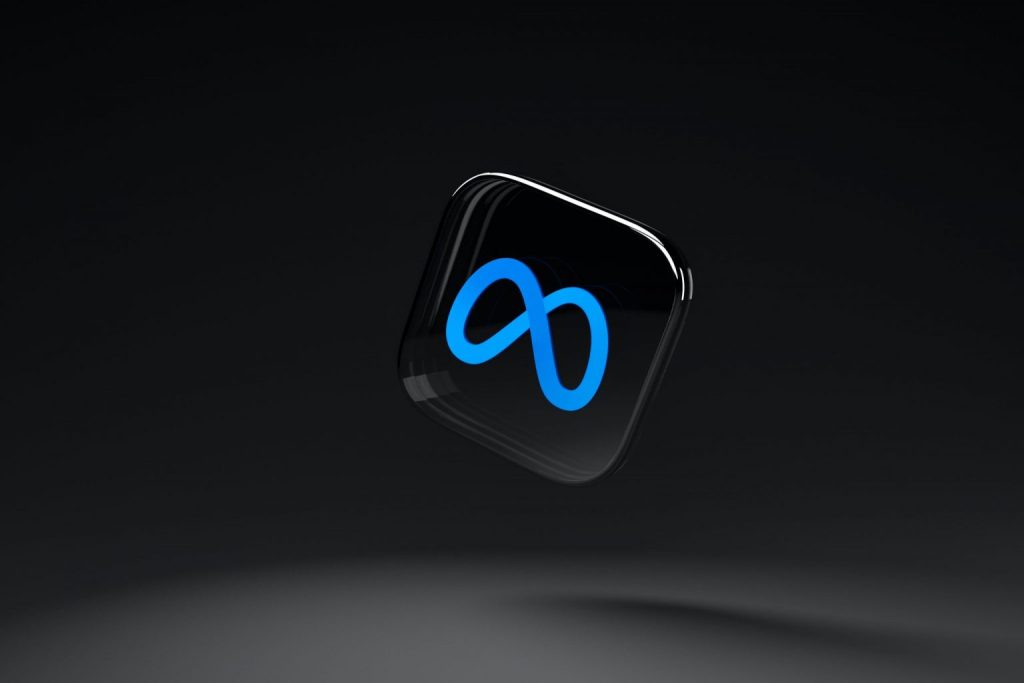The recent introduction of Meta Platforms’ paid no-ads subscription service in Europe marks a huge turn for the company. The service, applicable to Facebook and Instagram, allows users to opt for a browsing experience free from targeted ads, at a cost. While the move appears to align with EU regulations demanding user choice in data usage for ads, it has sparked a critical debate about the nature of consent and the concept of a ‘privacy fee.’
Users can choose between an ad-supported model or a paid model
Meta’s subscription model, priced at 9.99 euros monthly for web users and slightly higher for mobile users, is built on the premise that users can choose between a free, ad-supported service or a paid, ad-free experience. This approach is seen as a response to a ruling from Europe’s top court and is presented as a balanced solution that respects both regulatory requirements and user preferences.

However, this approach has met with strong criticism from NOYB, a Vienna-based digital rights group. They argue that the subscription fee effectively puts a price tag on privacy, undermining the essence of free consent as outlined in EU law. According to NOYB, this model forces users to pay up to 250 euros annually to protect their data, a stance that challenges the fundamental right to data protection.
The controversy touches on broader issues in the digital economy – the balance between monetization and user rights, and the role of big tech in shaping user choices. With NOYB’s complaint now lodged with the Austrian Data Protection Authority, and possibly escalating to the Irish data protection watchdog, the outcome could set a precedent in how digital consent and privacy are handled, not just by Meta, but across the tech industry. This move could potentially influence how other companies, like Netflix, YouTube, and Spotify, which also offer subscription-based models, handle user data and privacy in the future.
RELATED:
- Aoostar R1 N100: Intel N100 NAS / Mini PC with Windows 11
- Vivo iQOO 12 Pro: Save $100 on the flagship gaming phone
- Meta Platforms dissolves Responsible AI Team in restructuring effort
- Inflection AI Unveils Inflection-2: A Powerhouse Language Model Surpassing Google and Meta
- Best smart luggage of 2023: Modobag, Weego, Incase & More
(Via)




